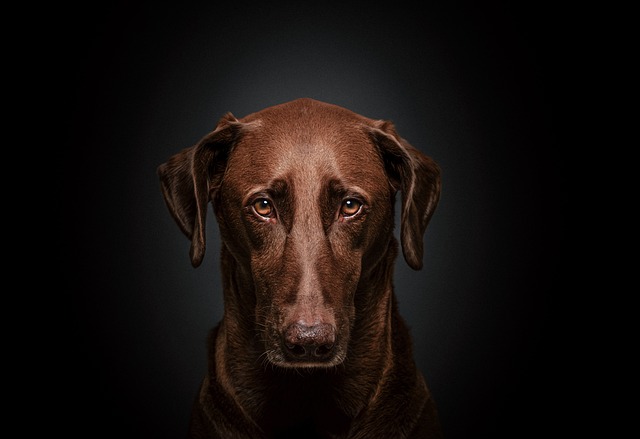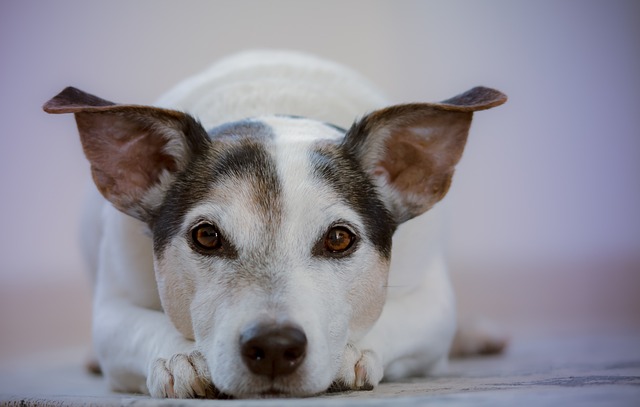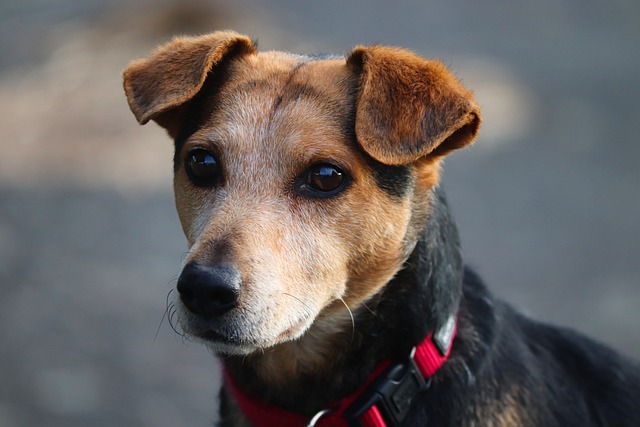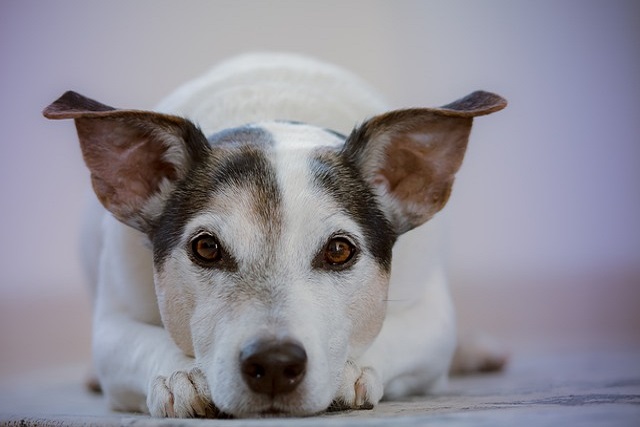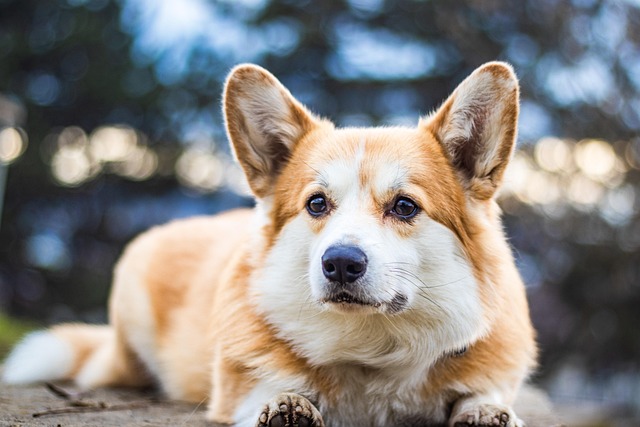Watching your dog snarl or lunge at guests can turn a cozy gathering into a stressful ordeal. Aggressive behavior isn’t just embarrassing—it’s a safety concern for both visitors and your furry friend. Understanding the root causes and taking proactive steps makes all the difference in creating a welcoming environment for everyone.
Dogs may act aggressively towards visitors for various reasons. Fear is a common trigger, especially in rescue dogs or those with limited socialization. Territorial instincts can also kick in, as your dog sees guests as intruders in their space. Some dogs display aggression due to anxiety or past negative experiences. Before addressing the behavior, it’s crucial to consult a professional trainer or behaviorist, as improper handling could violate local animal control regulations.
Positive reinforcement training is key to curbing aggression. Start by teaching basic commands like “sit,” “stay,” and “down.” When guests arrive, ask your dog to perform these commands and reward them with treats and praise. This redirects their focus and helps associate visitors with good things. Many communities emphasize humane training methods in pet ownership guidelines, making positive reinforcement both effective and compliant.
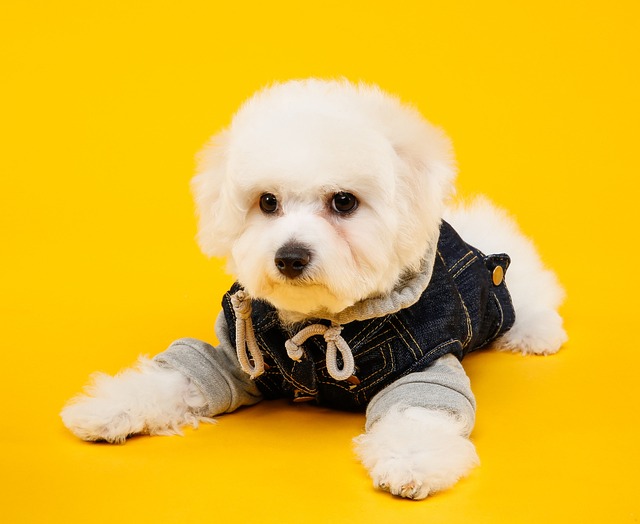
Desensitization plays a vital role in the process. Gradually expose your dog to the sights and sounds of visitors. Begin with quiet, low-stress situations, like having a friend stand outside the door and speak softly. As your dog stays calm, reward them. Over time, increase the intensity of these interactions, always ensuring your dog feels safe. Remember, rushing the process can worsen aggression, so patience is essential.
Managing your dog’s environment during visits helps prevent outbursts. Create a safe space, like a separate room or crate, where your dog can retreat when guests arrive. Use baby gates to control their access to common areas. Some regions have specific rules about containing pets during social gatherings to protect public safety, so these precautions serve both your dog’s well-being and legal requirements.
Socialization from an early age is the best prevention. Introduce your puppy to different people, sounds, and environments in a controlled manner. Puppy socialization classes, which comply with many local animal welfare standards, provide structured opportunities for positive interactions. For adult dogs, gradually arrange controlled meet-ups with calm, dog-friendly visitors to build confidence.
If your dog’s aggression persists despite your efforts, seek professional help immediately. A certified dog behaviorist can conduct a thorough assessment and develop a personalized training plan. In some areas, ignoring severe aggression issues may be considered neglect under animal care laws. Professional intervention ensures you address the problem effectively while staying within legal boundaries.
Transforming your dog’s behavior takes time and dedication, but the results are worth it. With consistent training, patience, and professional support when needed, you can help your dog become a well-behaved host, making every gathering a stress-free and enjoyable experience for all.
